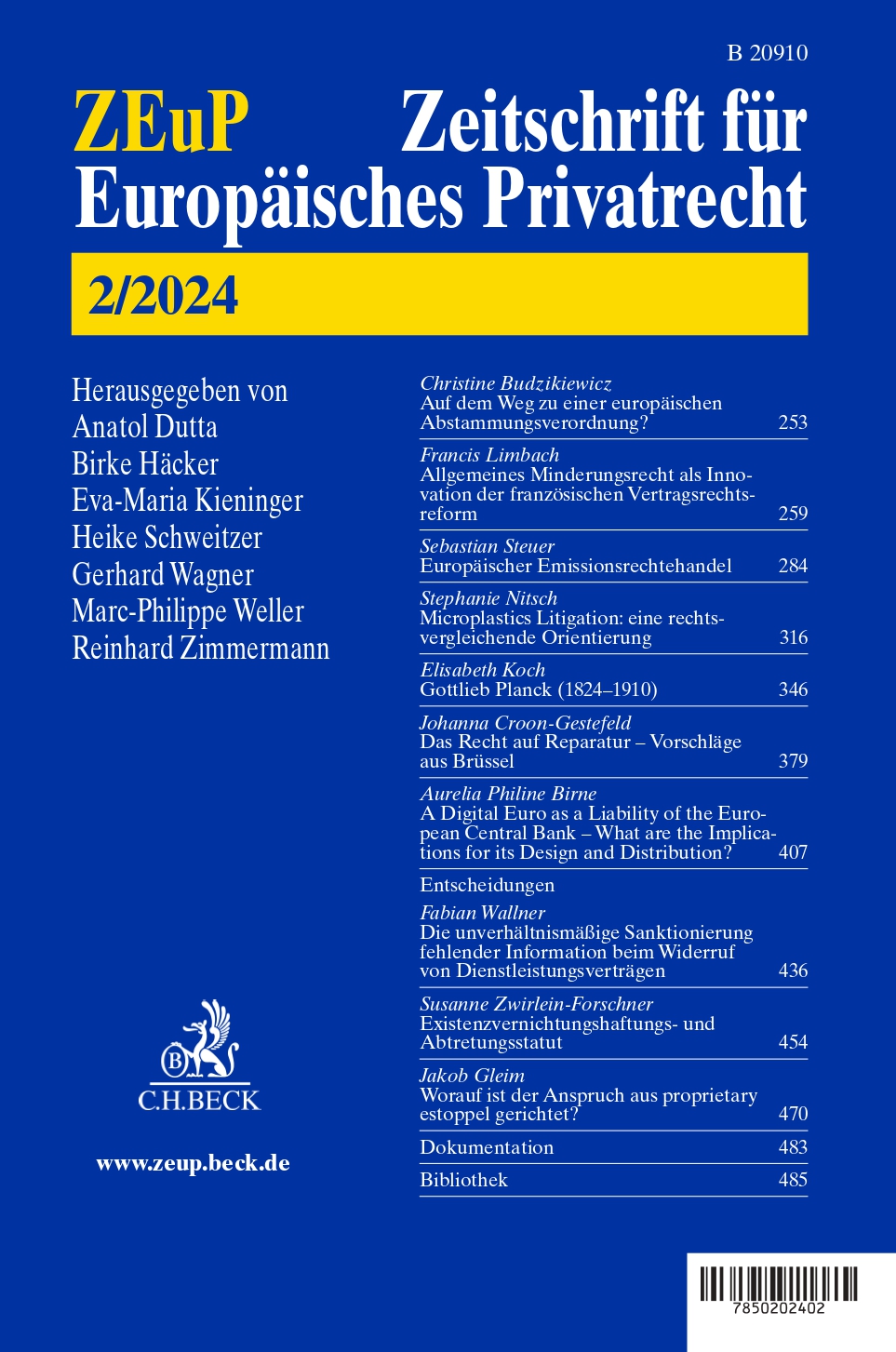(Posted on behalf of Professor Reid Mortensen)
We are pleased to let you know about the establishment of the Australasian Association of Private International Law (‘AAPrIL’).
AAPrIL is being established to promote understanding of private international law in Australia, Aotearoa New Zealand, and the nations of the Pacific Islands. By ‘private international law’ (or ‘conflict of laws’), we mean the body of law that deals with cross-border elements in civil litigation and practice, whether arising internationally or, in the case of Australia, intra-nationally.
To make AAPrIL a reality, we need your help. If you have an interest in Australasian private international law, please join us by attending the first general meeting of members of AAPrIL, which will be held online on Thursday 11 July 2024. The meeting is necessary to establish AAPrIL, approve a Constitution, and elect AAPrIL’s first officers.
The beginnings of our Association
The proposal to establish AAPrIL comes from an organising group* of Australian and New Zealand scholars and practitioners who have been working together in private international law for a long period.
We believe that there is a need for a permanent regional organisation to provide support for regular events and conferences on private international law, and to help coordinate, manage and publicise them. Our vision for AAPrIL is that it will:
- Regularly distribute a newsletter on recent decisions, legislative developments and publications, and on hot topics and upcoming events on private international law in Australasia.
- Organise proposals and submissions for law reform in private international law.
- Promote the study of private international law in universities.
- Provide a forum for the exchange of information and opinions, debate and scholarship on private international law in Australasia.
- Connect with other private international law associations worldwide.
The proposed Association already has a website and a LinkedIn page.
To our delight, the Honourable Dr Andrew Bell, Chief Justice of New South Wales, has agreed to serve as patron of the Association. His Honour is well-known as co-author of Nygh’s Conflict of Laws in Australia, and the author of many other publications on private international law. Before being appointed to judicial office, he had a significant Australia-wide practice in cross-border litigation and international arbitration.
How do you join?
You can join the Australasian Association of Private International Law by signing up on the Membership page of AAPrIL’s website.
There is initially no membership fee to join. At the meeting to establish AAPrIL, there will be a proposal to set membership fees for 2024-2025 at:
Individual members: AUD 100
Corporate members: AUD 300
Student members: AUD 20
However, membership fees for 2024-2025 will not be requested until after the first general meeting.
What will happen at the general meeting on Thursday 11 July?
Those who join as members by 18 June 2024 will be sent a notice of meeting for the general meeting on 11 July 2024. The agenda will include proposed resolutions:
- To establish the Australasian Association of Private International Law.
- To adopt the Constitution of the Association. If members have any questions about the proposed Constitution before the meeting, could you please direct them to me: mortensen@unisq.edu.au.†
- To appoint the President, Treasurer and Secretary of the Association, and potentially an Australian Vice-President, a New Zealand Vice-President and Pacific Islands Vice-President. If any member wishes to propose another member for one of these offices, please email your nomination to me: mortensen@unisq.edu.au.†
- To set membership fees for the financial year 2024-2025.
The organising group will also present plans for the activities of the Association.
We are looking forward to this exciting development for those of us who are rightly fascinated by private international law. We hope you will join us!
Best wishes
Professor Reid Mortensen
On behalf of the AAPrIL interim executive
*******
* The organising group comprises Dr Michael Douglas (Bennett, Perth), Professor Richard Garnett (University of Melbourne), Associate Professor Maria Hook (University of Otago), Professor Mary Keyes (Griffith University), Professor Reid Mortensen (University of Southern Queensland), Ms Cara North (Corrs Chambers Westgarth, Melbourne) and Mr Jack Wass (Stout Street Chambers, Wellington).
† I will be on leave from 3-14 June 2024, but will answer any enquiries that are made in that period as soon as possible afterwards.




